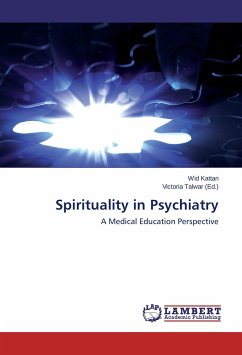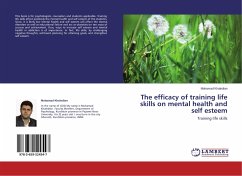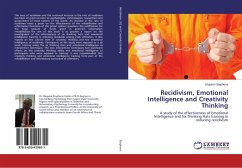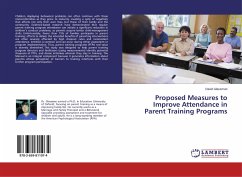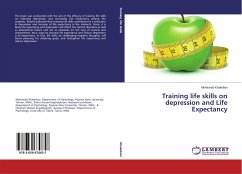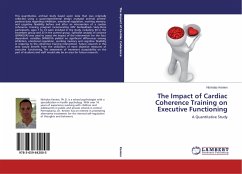The importance of addressing spiritual issues in psychiatry is becoming increasingly recognized. A large body of literature supports a link between religiosity and positive mental health outcomes, and leading authorities in psychiatric diagnosis and training have acknowledged these findings. This is reflected in the presence of the category religious or spiritual problem in the Diagnostic and Statistical Manual of Mental Disorders, and in the inclusion of spirituality in patient assessment guidelines and residency training objectives. Despite this, spirituality is seldom addressed in mental health and many psychiatry residency programs offer little training on the topic. This book reviews the literature on spirituality and psychiatry and contributes a new perspective by exploring psychiatry residents attitudes, experiences, comfort levels and learning needs in this area. This work should be useful to professionals working in mental health, and to educators and program directors interested in developing curricula to address training needs in this field, with the ultimate goal of promoting holistic patient-centered care.
Bitte wählen Sie Ihr Anliegen aus.
Rechnungen
Retourenschein anfordern
Bestellstatus
Storno

